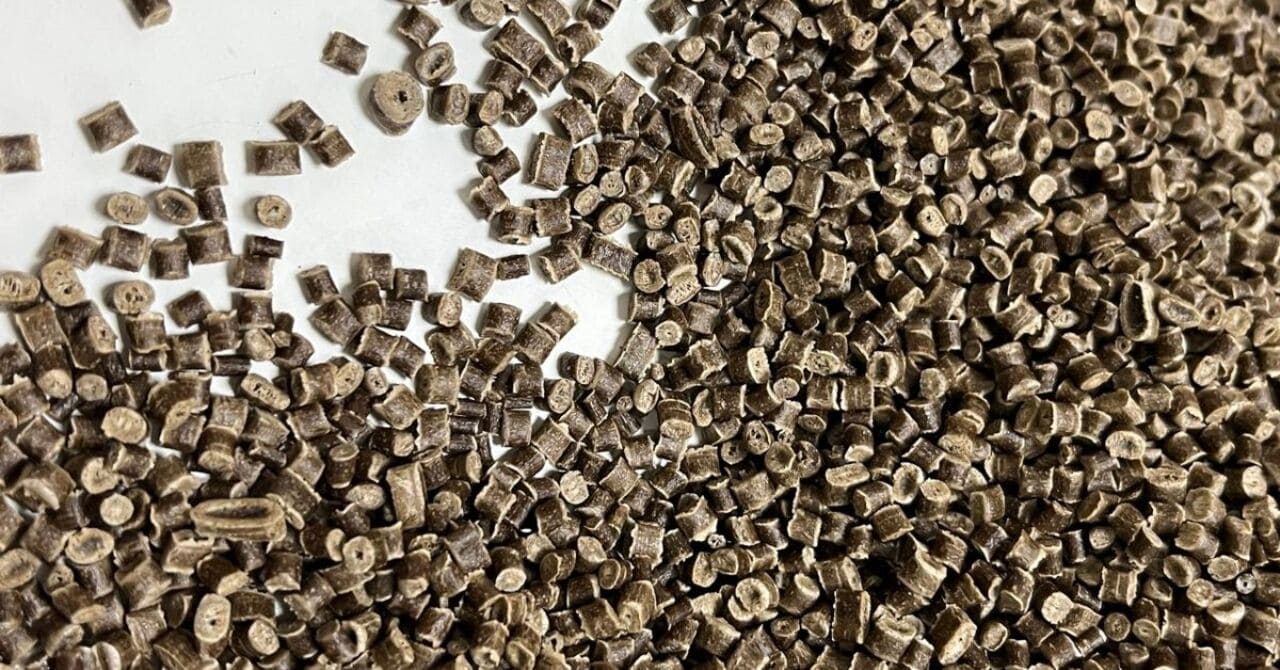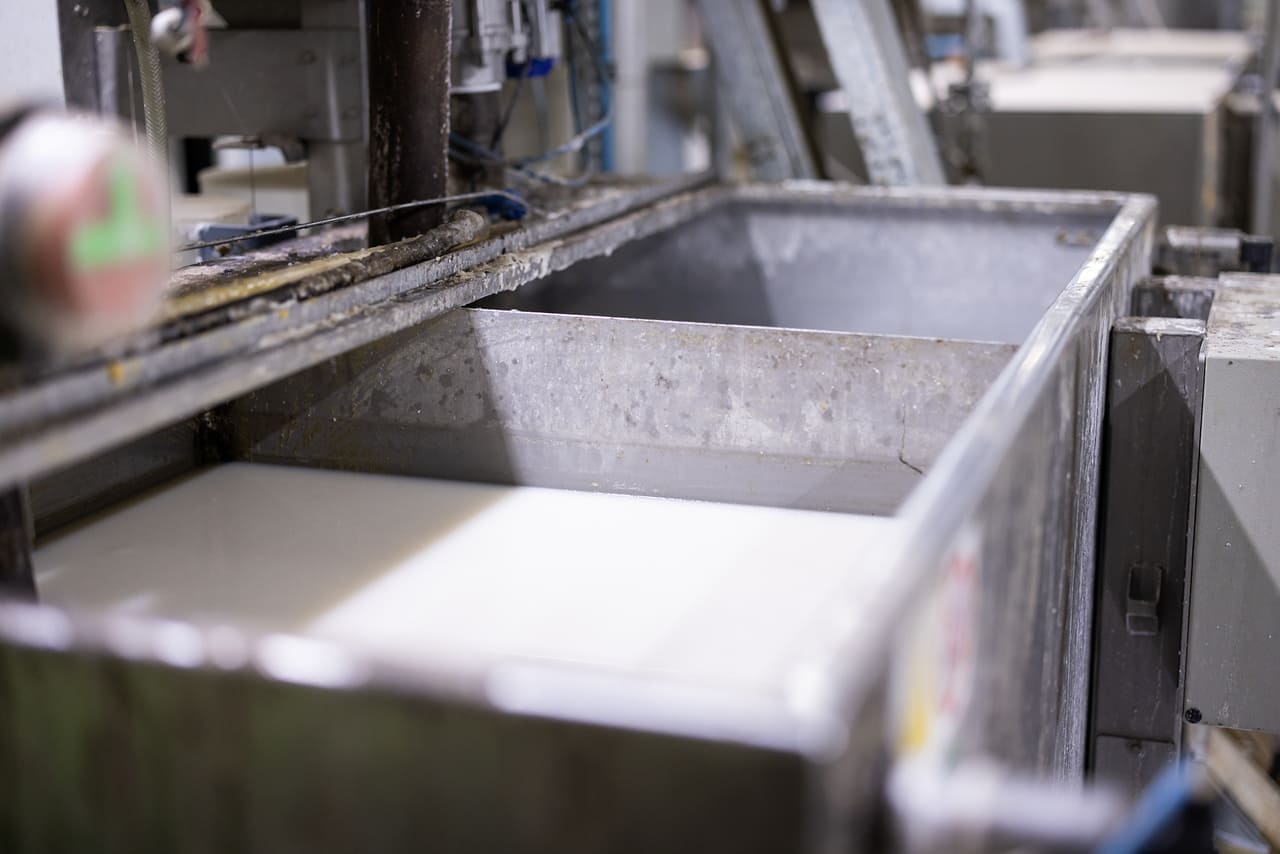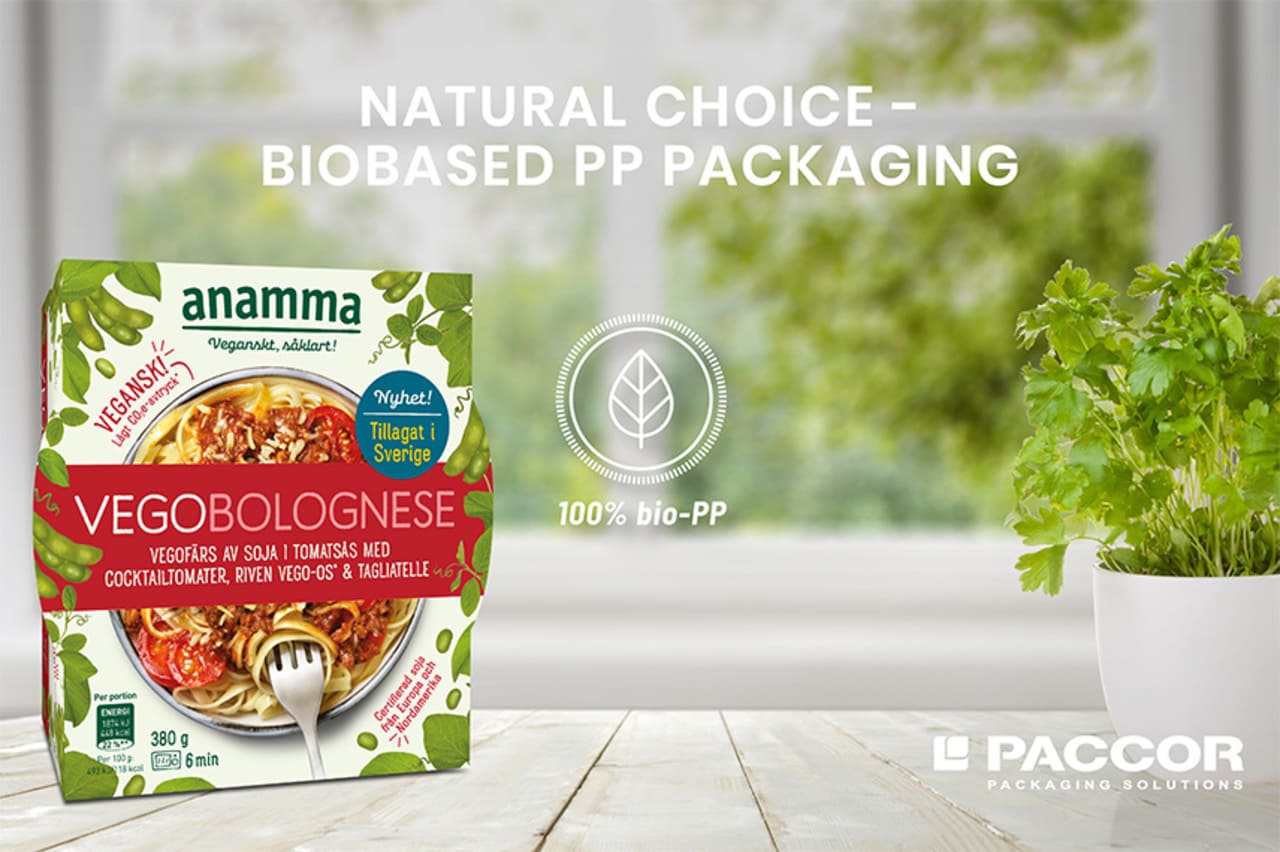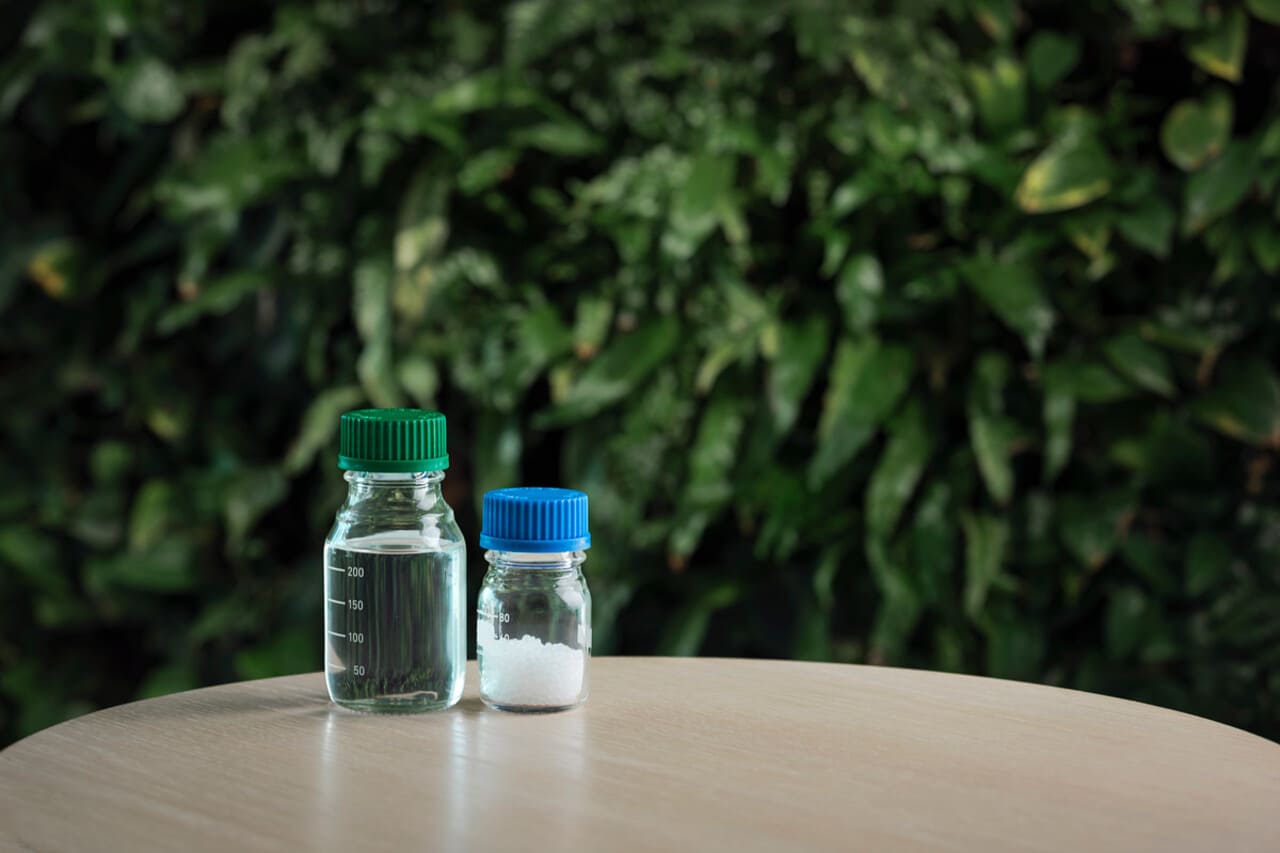TOP 03 Enterprises Using Bio-Based Polypropylene

1. The growth of Bio-based Polypropylene
The concept of Biobased polypropylene
Bio-based polypropylene is a type of material that is derived from renewable resources, typically from biomass feedstock.
Bio-based polypropylene is the combination of traditional polypropylene and plant-based materials such as sugarcane, corn, coffee grounds, rice, and rice-husk. These materials can be polymerized to form the bio-based polypropylene polymer.
It is crucial to understand that bio-based polypropylene is different from biodegradable plastics or compostable plastics. The inclusion of natural elements in this mixture allows us to reduce our dependence on fossil fuels, which are used in the production of conventional plastics, and decompose the material into smaller fragments
Key drivers of the risen of bio-based polypropylene
As sustainability and environmental concerns become more prominent, there has been a heightened interest in utilizing bio-based materials as alternatives to traditional petroleum-based plastics.
Conscious of the environment
Customers are currently concerned more about sustainability and also seeking for greener alternatives. This shift in consumer behavior has changed the business strategy. Indeed, they put a lot of effort into exploring bio-based polypropylene as a viable option to meet the customers demand.
The advancements in technology
The development of nowadays R&D has strongly promoted the increasing use of green alternatives like bio-based polypropylene. Manufacturers are now able to produce bio-based PP that meets the requirements of various applications, such as packaging, automotive components, textiles, and more. This has opened up new opportunities for multinational enterprises to integrate bio-based polypropylene into their manufacturing processes and supply chains.
Government regulations and initiatives
Many countries and regions have implemented policies to encourage the use of renewable materials such as: The US, The UN, Japan, New Zealand,..... This has created a favorable environment for multinational enterprises to invest in and adopt bio-based polypropylene as part of their sustainability strategies.
2. 3 Enterprises using bio-based polypropylene
IKEA
IKEA, a renowned global home furnishing retailer, has made significant strides in reducing its climate footprint through the development of bio-based glue for their production processes.
According to IKEA, their Value chain has released 5% of the climate footprint in terms of using the glue in board materials. This milestone marks a significant shift for the company, as they transition from fossil-fuel-based adhesives to bio-based alternatives. It is a positive signal that the growing trend among major companies embracing bio-based materials in their manufacturing practices.

bio-based glue from IKEA
This multinational conglomerate has consistently shown its commitment to sustainable alternatives in the past. In 2018, they collaborated with Neste to advance the development of bio-based polypropylene, utilizing resources like used cooking oil and used vegetable oils.
Paccor
Paccor, a global company in the packaging industry, is actively engaged in the production of 100% biobased polypropylene (Bio-PP) products for Orkla. Orkla, a leading supplier of branded consumer goods in the Nordics, serves various sectors such as grocery, out-of-home, retail, pharmacy, and bakery.
Through their collaboration with Orkla, PACCOR supplies Bio-PP goods that are derived from renewable resources. This shift towards using bio-based polypropylene aligns with both companies' shared goals of promoting sustainability and reducing reliance on fossil fuels.
Boreals
Borealis, a top provider of innovative polyolefin solutions, and Neste, the world's leading provider of renewable diesel, renewable jet fuel, and renewable chemical solutions, are teaming up to produce renewable polypropylene (PP).
Through this collaboration, Borealis will have the opportunity to utilize Neste's 100% renewable propane, which is produced using Neste's exclusive NEXBT technology. Borealis will use Neste’s renewable propane, produced in Rotterdam, at its facilities in Belgium to create an entire portfolio of applications based on renewable PP.
3. First Coffee-based Polypropylene Products From AirX
AirX, purchasing the purpose of providing high-quality plant-based carbon-negative products, always searching and innovating the technique of bio-based product manufacturing.
Our process and materials are ensured to be closely monitored, which adapts to the needs of qualified finished products of our customers. Our bio-based materials offer the same functions as conventional plastics, but their environmentally friendly characteristics make them an ideal choice for partners, and businesses looking for sustainable development.
We offer a diverse range of products, including bio-based polypropylene granules made from materials such as coffee grounds, rice husk, rice, and sugarcane. Additionally, we provide a carbon-negative bio-based product derived from coffee grounds.

AirX bio-based polypropylene granules made from Rice
Carbon-negative bio-based product
>>> Learn more: Bioplastic Products: Are They Truly Sustainable?
Contact us
AirX is the world’s first carbon-negative bio-material made from coffee grounds manufacturer.
We specialize in producing bio-based composites using recycled carbohydrates derived from by-products such as coffee grounds, coconut husk, husk, and bamboo. Our goal is to promote sustainability through the use of eco-friendly materials.
We are always here to help and provide the best service possible. If you have any questions or would like to receive advice and feedback directly from our sales staff, please do not hesitate to contact us. You can reach us through:
- Whatsapp: +84 969 742 950
- Email: [email protected]
We look forward to hearing from you!

